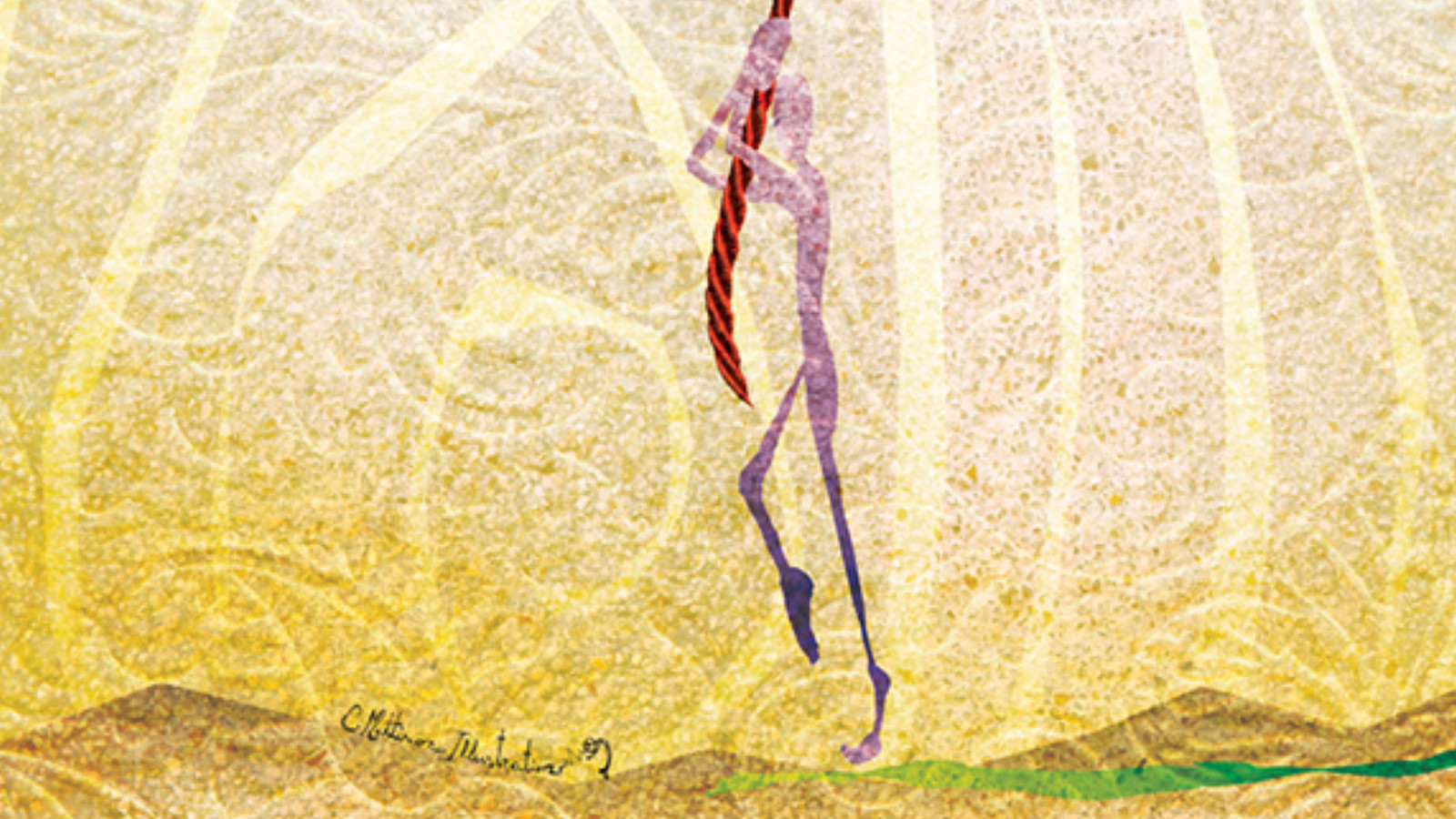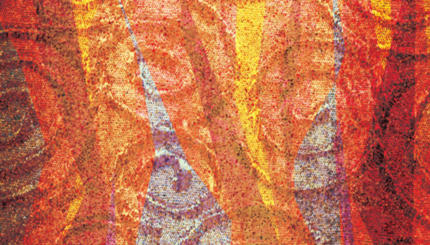Commentary on Parashat Sh'lach, Numbers 13:1-15:41
When I was getting ready to move to Jerusalem 10 years ago, I was inundated with advice from friends. In between suggestions about where I should go hiking in the Galilee and where I should (or shouldn’t!) buy Judaica, there were multiple warnings: “Bring enough shampoo and pain medication for the whole year, because you won’t be able to find your own!” “If you speak Hebrew with an American accent, people will try to take advantage of you!” “Scrub all fruits and vegetables with soap before you eat them, or you’ll get sick!” As a woman, I was told, “Don’t ever wear a kippah in public, you’ll just get attacked!”
Stepping into the unknown can be terrifying. It’s true for a child getting on her first roller coaster, for a teenager heading off to college, for someone moving to a new city or facing a new diagnosis.
In this week’s Torah portion, Sh’lach, Moses sends scouts to go ahead of the Israelites and bring back a report on what the land of Canaan is like. Twelve scouts depart, one from each of the tribes. They come back with a bunch of grapes so large and heavy that it takes two people to carry it, and a bunch of stories so heavy that the Israelites are terrified.
“The country that we traveled and scouted is one that devours those who dwell there. All the people that we saw in it are giants […] we looked like grasshoppers to ourselves, and so we must have looked to them.” (Numbers 13:32-33)
Hearing what the scouts encounter, the Israelites weep, get angry at Moses and Aaron, and declare that they will head back to Egypt and slavery rather than continue into danger. Even the protests of two of the scouts, Caleb and Joshua, are not enough to reassure them. Because 10 of the scouts say that the land is filled with impossible danger, why would the Israelites trust the two who countered that the truth is not so frightening?
With your help, My Jewish Learning can provide endless opportunities for learning, connection and discovery.
In the months before I left for Jerusalem, I tried to collect all of the information my friends gave me. But as the list grew, it began to feel overwhelming. Instead of being excited about this adventure, I began to feel fearful, and instead of imagining all of the things I would learn, I was imagining all the ways in which I might suffer.
But two friends were incredibly helpful. Both had spent long periods of time abroad; both helped me sort out my fears. It was true that I was going somewhere new, with different people, different foods, different politics and a different language. But I was going with support, and would have teachers I could depend on for help if necessary. I was going to learn the language, to learn different ways of thinking and interacting and find a way to be in community with people in a country I’d never lived in before. And when I faced challenges, I’d have the strength and resources to find a way through. After sitting down with these two friends, I threw out the list of warnings. I stopped imagining that I would be a grasshopper among giants, and started dreaming of a fruitful journey.
Back in the wilderness, Moses and Aaron fall on their faces in response to the Israelites’ fears. In the end, most of the Israelites who had been slaves in Egypt could not see themselves entering the land, could not see themselves except as grasshoppers, through the lens of their fears. Caleb and Joshua, the two scouts who are able to recognize that the Israelites have the strength and the resources to succeed, must bring their wisdom to a new generation of Israelites.
The title of this week’s portion, like most others, is taken from the first few verses of the portion, from the second verse, where God tells Moses to “send for yourself” (sh’lach l’cha) the spies to Canaan. We are continually sending our thoughts to the future, wondering what will be. And like the Israelites in the wilderness, we are continually learning to look at the future through the lens of our strengths, rather than through the lens of our fears.
kippah
Pronounced: KEE-pah or kee-PAH, Origin: Hebrew, a small hat or head covering that Orthodox Jewish men wear every day, and that other Jews wear when studying, praying or entering a sacred space. Also known as a yarmulke.



